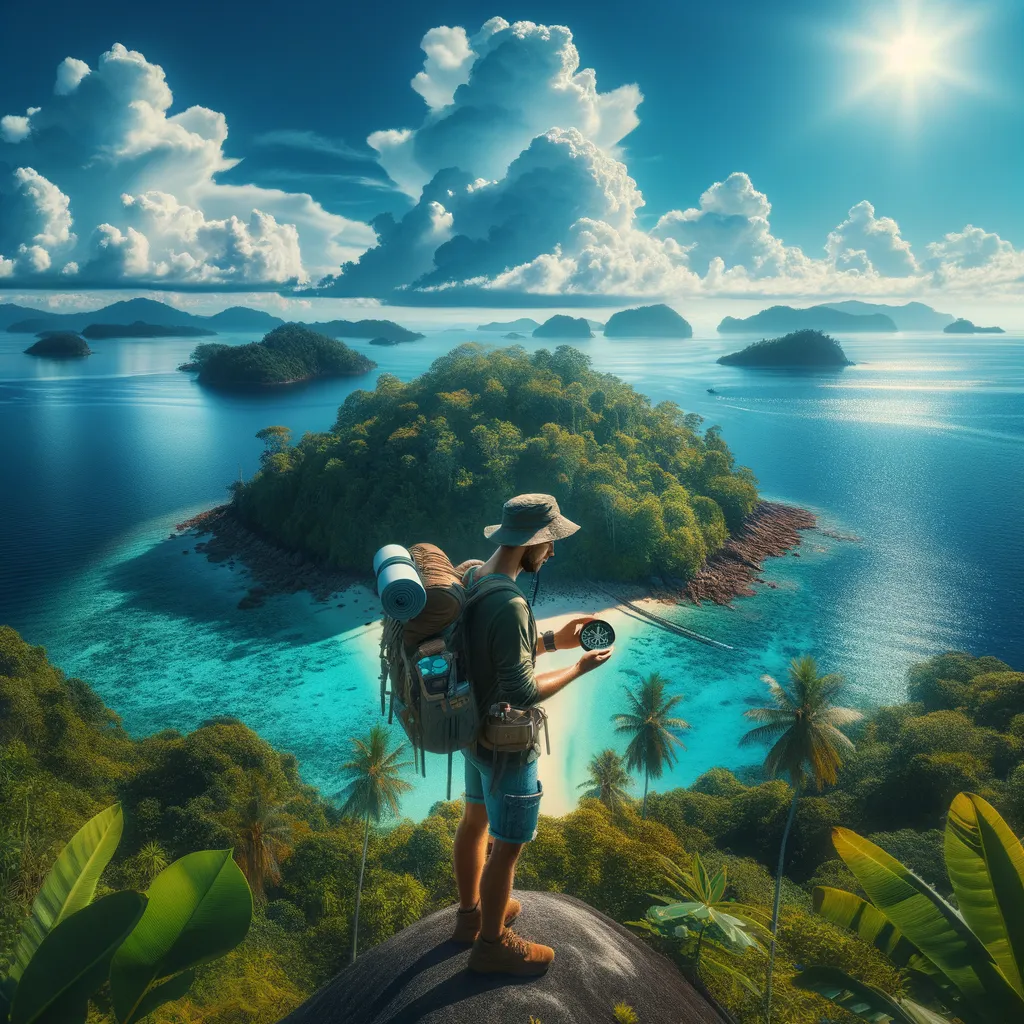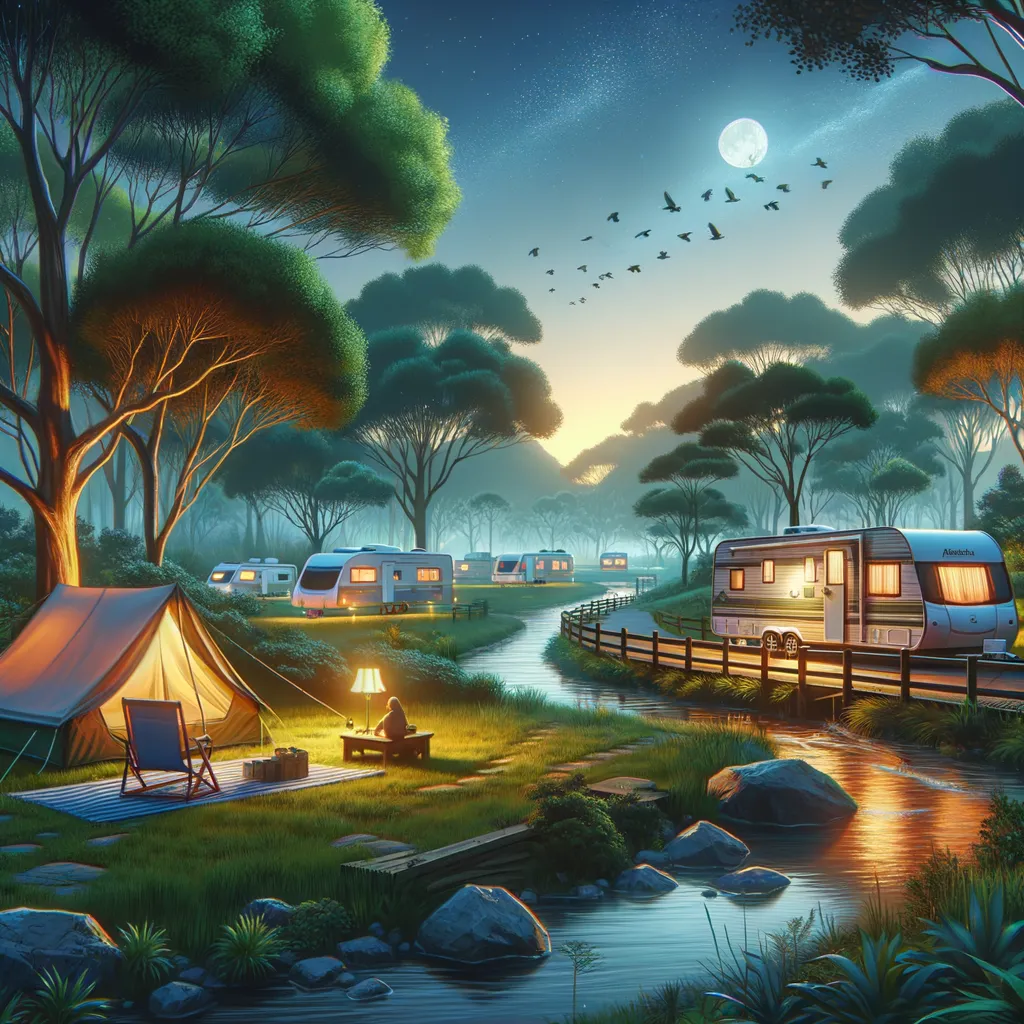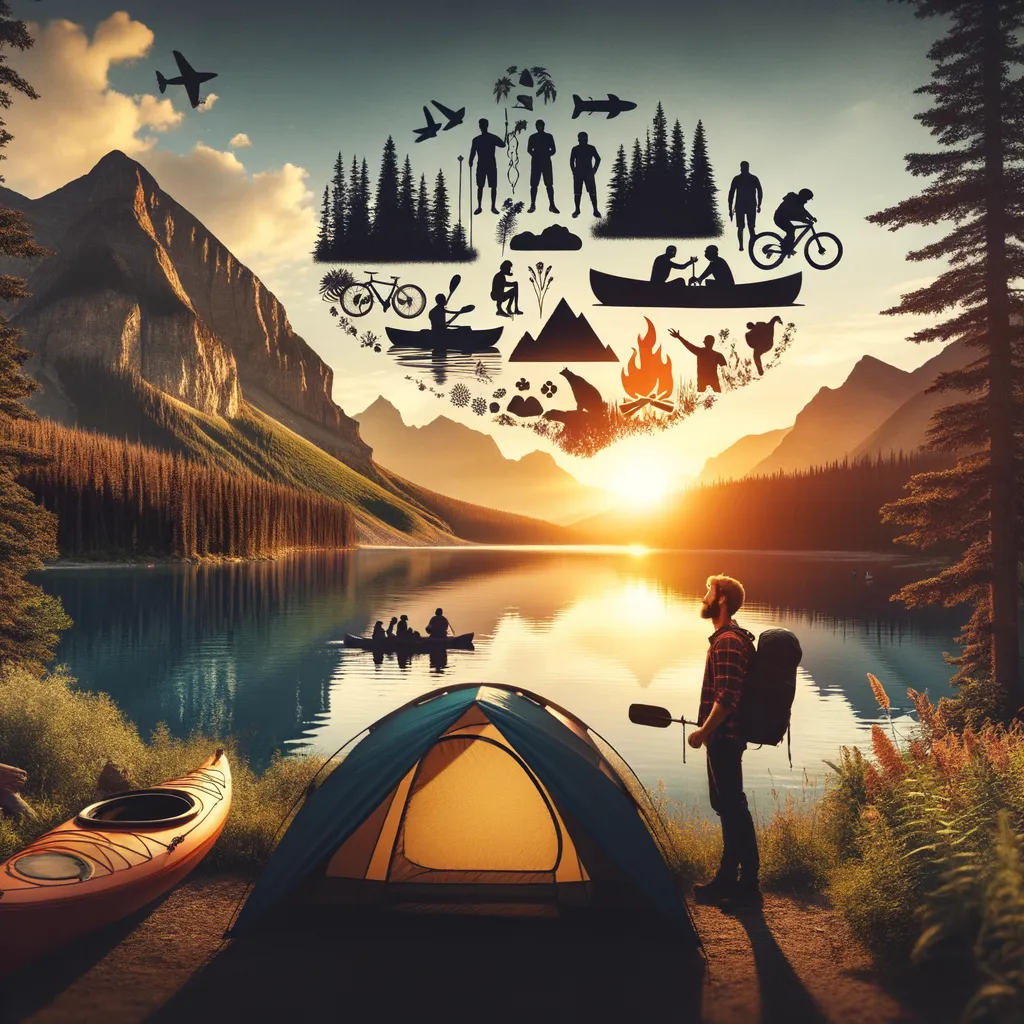Exploring the Edges of Earth: A Family Guide to Visiting the World’s Most Isolated Islands
Welcome to an exciting journey where the world’s most secluded spots promise adventure, serenity, and unforgettable memories for families daring enough to explore them. Visiting the world’s most isolated islands might seem daunting at first, but with the right preparation and spirit, it could become the most cherished experience of your family’s travel diary. Whether you’re looking to disconnect and immerse yourselves in pristine natural beauty or introduce your little ones to the delights of Camping under the stars on unspoiled shores, this guide is your first step towards planning an extraordinary escape.
Embarking on an island adventure requires more than just packing suncream and swimwear. It’s about connecting with nature, understanding the delicate ecosystems of these isolated realms, and respecting the cultures and traditions of their few inhabitants. From the rugged cliffs of the Scottish isles to the turquoise embrace of the South Pacific gems, each island offers a unique palette of experiences. Explore Camp places that promise more than just a stay but a journey into the heart of the wilderness, thanks to Camp places.
Why Isolated Islands?
Isolated islands bring families closer to nature, away from the hustle and bustle of crowded tourist destinations. These secluded spots offer tranquility, unrivaled beauty, and the opportunity to witness some of the most diverse wildlife and flora in existence. It’s not just about the beaches; it’s about the hikes through lush forests, the rare wildlife sightings, and the chance to learn about conservation and sustainable living. Plus, the absence of crowds means you get a more genuine, intimate experience of the place and its culture.
Choosing Your Island Destination
With countless isolated islands scattered across the globe, selecting the right destination for your family can be overwhelming. Consider what kind of experience you’re looking for: Do you dream of snorkeling in crystal-clear waters, hiking through verdant landscapes, or simply soaking up the sun on deserted beaches? Are you interested in wildlife, history, or getting to know local cultures? Once you have a rough idea of what you want, you can start narrowing down your options based on accessibility, accommodation, and activities suited for all ages.
Preparing for the Adventure
Travelling to remote islands involves more than booking flights and accommodations. It’s about preparing to enter ecosystems that have remained relatively undisturbed by human activity. This means packing eco-friendly sunscreens, ensuring you have all the necessary vaccinations, and familiarizing yourself with local customs and environmental guidelines. Remember, the key to a successful island adventure is leaving no trace behind and preserving the beauty and integrity of these pristine destinations for generations to come.
As we delve deeper into the guide, we’ll cover everything from packing tips to island safety, ensuring you’re well-prepared for this incredible journey. From the rugged, windswept landscapes of the North Atlantic to the lush, tropical paradise of the South Pacific, we’re here to guide you through planning your family’s most memorable adventure yet.

Exploring the Edges of Earth: A Family Guide to Visiting the World’s Most Isolated Islands
Welcome to an exciting journey where the world’s most secluded spots promise adventure, serenity, and unforgettable memories for families daring enough to explore them. Visiting the world’s most isolated islands might seem daunting at first, but with the right preparation and spirit, it could become the most cherished experience of your family’s travel diary. Whether you’re looking to disconnect and immerse yourselves in pristine natural beauty or introduce your little ones to the delights of Camping under the stars on unspoiled shores, this guide is your first step towards planning an extraordinary escape.
Embarking on an island adventure requires more than just packing suncream and swimwear. It’s about connecting with nature, understanding the delicate ecosystems of these isolated realms, and respecting the cultures and traditions of their few inhabitants. From the rugged cliffs of the Scottish isles to the turquoise embrace of the South Pacific gems, each island offers a unique palette of experiences. Explore Camp places that promise more than just a stay but a journey into the heart of the wilderness, thanks to Camp places.
Why Isolated Islands?
Isolated islands bring families closer to nature, away from the hustle and bustle of crowded tourist destinations. These secluded spots offer tranquility, unrivaled beauty, and the opportunity to witness some of the most diverse wildlife and flora in existence. It’s not just about the beaches; it’s about the hikes through lush forests, the rare wildlife sightings, and the chance to learn about conservation and sustainable living. Plus, the absence of crowds means you get a more genuine, intimate experience of the place and its culture.
Choosing Your Island Destination
With countless isolated islands scattered across the globe, selecting the right destination for your family can be overwhelming. Consider what kind of experience you’re looking for: Do you dream of snorkeling in crystal-clear waters, hiking through verdant landscapes, or simply soaking up the sun on deserted beaches? Are you interested in wildlife, history, or getting to know local cultures? Once you have a rough idea of what you want, you can start narrowing down your options based on accessibility, accommodation, and activities suited for all ages.
5 Things Parents Should Know in Preparing for Visiting the World’s Most Isolated Islands
1. Health and Safety Comes First
Ensuring your family’s health and safety is paramount when planning a trip to remote islands. Research necessary vaccinations and health precautions well in advance. Some remote islands may have specific health requirements or recommendations for visitors, including vaccinations for tropical diseases. Additionally, packing a comprehensive first aid kit equipped for minor injuries and common ailments is crucial. Always have a plan for accessing medical care in case of an emergency, understanding that facilities may be limited or require transportation back to the mainland.
2. Education and Preparation are Key
Preparing your family, especially children, about the destination will enrich your experience. Education can range from understanding the local culture and etiquette to recognizing the natural flora and fauna you might encounter. Engage with educational materials such as books, documentaries, or online resources about the island’s ecosystem and cultural background. Instilling a sense of respect and stewardship for the environment in young travelers ensures they understand the importance of conservation efforts and the role they play in preserving these pristine locations.
3. Sustainable Travel Practices
Embracing sustainable travel practices is not just beneficial for the environment but often a necessity on isolated islands where resources are finite. Teach your family about the importance of minimizing waste, conserving water, and using eco-friendly products. Choosing accommodations that support sustainable practices and participating in ecologically responsible activities can significantly reduce your environmental footprint. Remember, the goal is to leave the islands as untouched as possible, ensuring they remain a natural paradise for future explorers.
4. Pack Smart and Eco-Friendly
Packing for an isolated island trip requires careful consideration. Opt for lightweight, quick-dry clothing, and eco-friendly sunscreens and insect repellents that won’t harm the marine life or local ecosystems. Remember reusable water bottles, bags, and other sustainable travel essentials to minimize waste. Additionally, packing items like binoculars for bird watching or snorkeling gear can enhance your exploratory options while avoiding the need for single-use rental equipment.
5. Communication and Flexibility
Last but not least, ensuring you have a means of communication in case of emergency is crucial when visiting remote locations. However, also prepare your family for the reality that connectivity may be limited. This can be a perfect opportunity to truly disconnect and immer
Disclaimer
The articles available via our website provide general information only and we strongly urge readers to exercise caution and conduct their own thorough research and fact-checking. The information presented should not be taken as absolute truth, and, to the maximum extent permitted by law, we will not be held liable for any inaccuracies or errors in the content. It is essential for individuals to independently verify and validate the information before making any decisions or taking any actions based on the articles.




